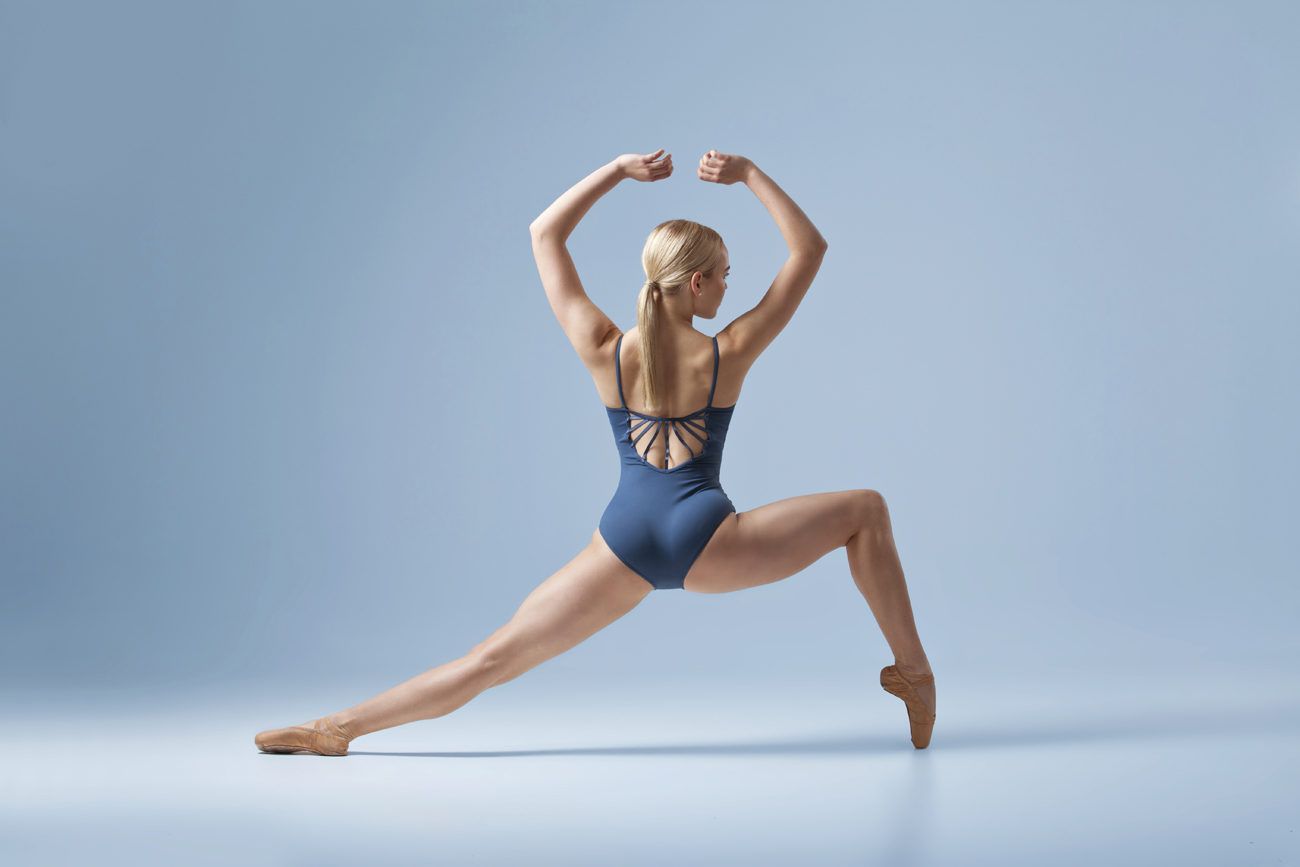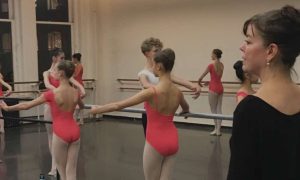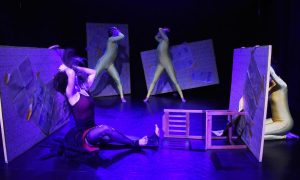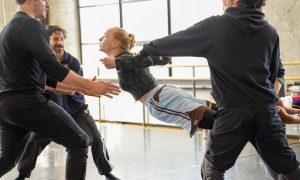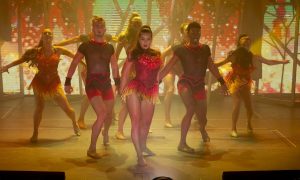Dance Informa asked 10 of the world’s most active dance medicine and science experts to name one thing they really, really wish dancers either would or wouldn’t do. Here’s some advice that the experts want you to know!
#1. “Dancers should understand that the postural control and muscle synergies required to dance well are sequential. My favorite saying is this: If you can’t stand correctly on two legs, then you can’t stand on one. That is closely followed by this one: Dance is a series of one-legged stances; you are just moving from one leg to the other however complex the movement.”
Gayanne Grossman, PT, EdM, BFA, Director of Dance Wellness at Muhlenberg College, Lehigh Valley Health Network Performing Arts Wellness Program, Pennsylvania, USA
#2. “Dancers can consider taking a greater responsibility in self-education about health and wellness, rather than relying entirely on their teachers and peers. There are so many excellent texts and videos now – about anatomy, injury prevention, conditioning, motor learning, nutrition, dance psychology. I would encourage all dancers to be more curious and proactive in learning what they need to know to take care of themselves.”
Donna Krasnow, PhD, Associate Editor for Dance for Medical Problems of Performing Artists, California, USA, and Toronto, Canada
#3. “I wish dancers would seek the advice of a medical professional earlier in their career and earlier in an injury. Dancers are strong and dance through pain, so when they finally speak to a doctor or therapist, often an injury has worsened, or an old injury has caused a new problem. In some cases, if they had simply come in earlier, an injury could have been prevented, or lessened.”
Kathleen L. Davenport, MD, physical medicine, rehabilitation and sports medicine specialist with Memorial Rehabilitation Institute; company physician for Miami City Ballet; executive committee, Dance/USA Task Force on Dancer Health; Miami, Florida, USA
#4. “Most dancers cannot sit still while attending a lecture without stretching and working on some imaginary tight muscle group. My advice: Keep doing it! It makes for a much more interesting audience! Okay, seriously, dancers should try relaxation strategies at breaks.”
Peter Lavine, MD, current president of the International Association for Dance Medicine and Science, orthopedic surgeon and physician for Suzanne Farrell Ballet, Kirov Academy of Ballet, DC, USA
# 5. “Generally speaking, I would love to see dancers realize that working smarter is often better than working harder.”
Luke Hopper, PhD, biomechanical researcher and post-doctoral fellow, WAAPA, Perth, Australia
# 6. “I would like to see dancers spend as much time on strength and stabilization exercises as they spend on stretching. And, don’t smoke.”
Nancy Kadel, MD, orthopedic surgeon, past president of the Performing Arts Medicine Association, co-chair of the Dance/USA Task Force on Dancer Health, and co-director of Seattle Clinic for Performing Artists, Washington, USA
# 7. “I was very surprised when I started seeing dancers at clinic because I came across a situation I did not find with other athletes. There was no culture of ‘taking a rest’. No matter how many times I told dancers, ‘You need a good rest and, if you do, you will be able to dance again,’ dancers kept asking me, crying, ‘Why can’t I dance now?’ My heart breaks when I find out dancers just started dancing too soon and never heal. Maybe I should put on a cast so that they are forced to take a rest? Dancers, please take some rest. It will make your pain go away, and you will be able to dance again.”
Eiichi Hiraishi, MD, Chief of the Department of Orthopedic Surgery, Eiju General Hospital, Tokyo, Japan
#8. “My pet peeve would be knowing where your hip (coxofemoral joint) is. Most dancers and teachers think their hips are way out on the external part of the innominate bone, like four inches away from the actual hip. This causes so much disturbance in technique by using the wrong muscle groups and hence hip pain, popping and injuries. If dancers were to learn and apply one thing about anatomy, it would be this!”
Peter Lewton-Brain, Doctor of Osteopathy, Director of Association Danse Medecine et Recherche, and master instructor, France and Monaco.
#9. “Do realize that smoking gives long-lasting vasoconstriction, which of course is most apparent in poorly circulated tissue, like attachments of tendons and ligaments to bone. These are exactly the areas where ‘overuse injuries’ occur, and it comes as no surprise that there is a relation between these injuries and smoking. Low back pain is seven times as common in smokers. And find yourself a doctor who is familiar with dancers, speaks your language and, most important of all, who shows respect for your passion as a dancer, amateurs and professionals alike.”
A.B.M. (Boni) Rietveld, MD, orthopaedic surgeon and musician, Director of the Medical Centre for Dancers and Musicians, and President of the Dutch Performing Arts Medicine Association, The Hague, Netherlands.
#10. “I wish all dancers would stop stretching in oversplits. It is terrible for the hip joint and just leads to more and more micro-instability at the hip, making issues like labral tears, subchondral lesions, subluxations and tears of the liagmentum teres more common. Stretch your muscles, not your already overstretched joints.”
Heather Southwick, PT, MSPT, Director of Physical Therapy, Boston Ballet, Massachusetts, USA
By Leigh Schanfein of Dance Informa.


